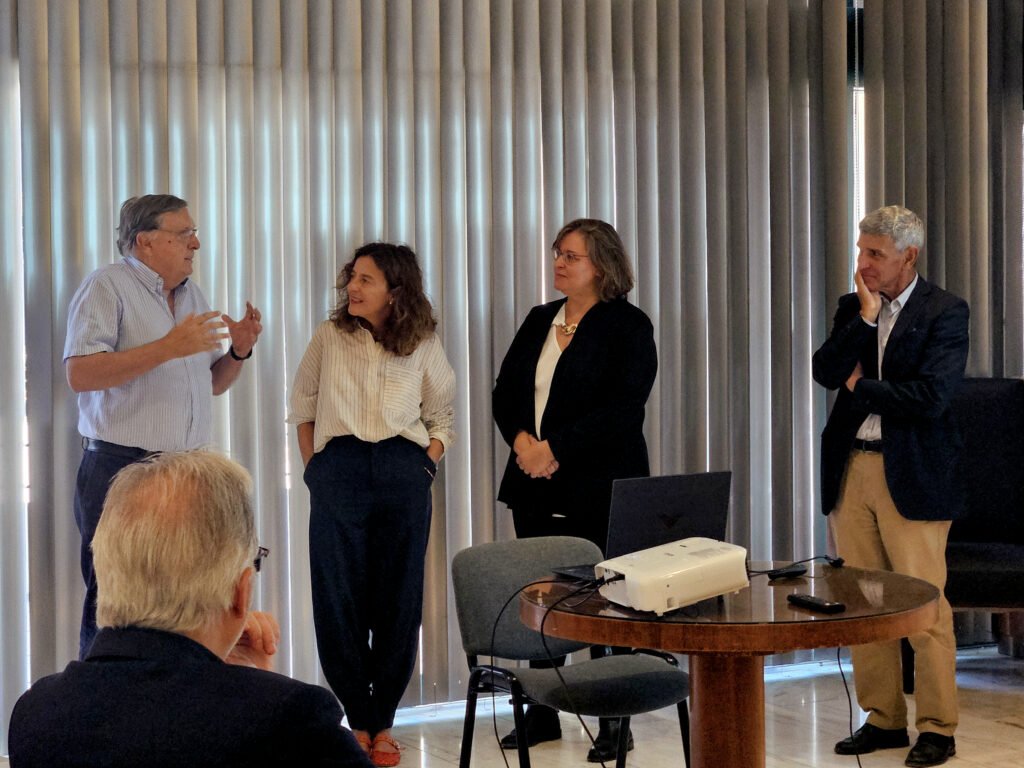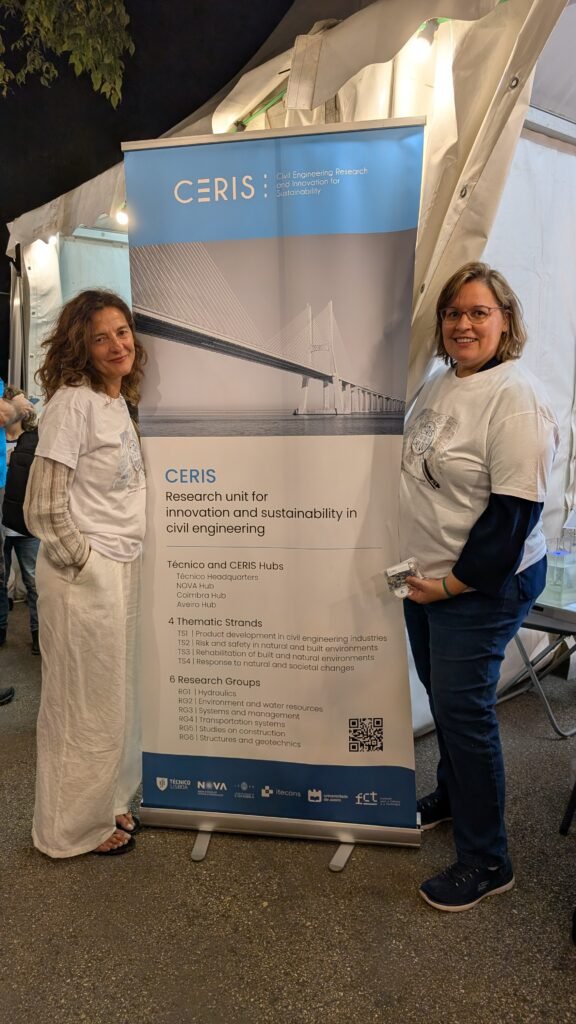News
Maria João Costa: The Myth of Dams and Reservoirs in Water Scarcity Management

In an interview with GreeneFact, Maria João Costa, the water coordinator at ANP/WWF, emphasized the pressing need to remove obsolete barriers from Portugal’s waterways, especially considering the recently passed EU Nature Restoration Law. This law mandates the liberation of at least 25,000 km of rivers across the EU, a goal that is critical for biodiversity and ecosystem health. Costa highlighted that ANP/WWF has already successfully removed two river barriers in Alcoutim and Santarém with support from the European Open Rivers Programme, which funds river restoration projects.
Costa explained that removing obsolete dams and other barriers is one of the most cost-effective tools for river restoration. It significantly enhances biodiversity and restores essential ecological functions in freshwater habitats. Free-flowing rivers support natural ecological processes and facilitate the movement of water, nutrients, and species, enabling migratory fish to access breeding grounds. Furthermore, restored rivers contribute nutrients to estuaries and adjacent agricultural lands, aiding fish productivity and preventing soil erosion.
Contrary to common beliefs, Costa stated that dams do not necessarily provide increased water availability during droughts. Instead, the perceived security of stored water can lead to increased consumption and heightened vulnerability during water shortages. Additionally, stagnant water behind dams often results in decreased water quality and increases the risk of harmful cyanobacterial blooms. The sediment accumulation upstream of dams also reduces water availability and can lead to costly artificial beach replenishment. Moreover, large reservoirs contribute to greenhouse gas emissions due to methane release from decaying organic matter, and they exacerbate water loss through evaporation.
Despite the new EU law, Costa noted that Portugal has been slow to prioritize river liberation compared to other countries. For instance, Spain removed 95 obsolete barriers in 2023, while Portugal only managed to remove two. The perception that dams enhance water security remains prevalent, creating barriers to public support for river restoration efforts. Costa called for strategic restoration plans involving municipalities, scientists, and environmental NGOs to effectively manage and prioritize river restorations.
Costa emphasized the importance of raising public awareness about the ecological and economic benefits of removing obsolete barriers. She advocates for government funding to support river restoration efforts and calls for a more comprehensive inventory of artificial barriers in Portugal. The conversation around river restoration must be broadened to include diverse stakeholders to foster a collaborative approach toward improving the ecological state of rivers.
In summary, Costa’s insights shed light on the necessity of reevaluating the role of dams in water management and highlight the urgent need for concerted efforts to restore Portugal’s rivers for both ecological health and community resilience. Full interview here.














